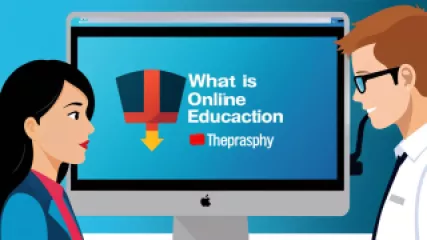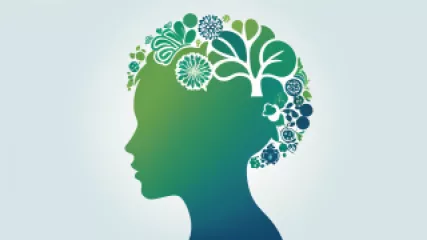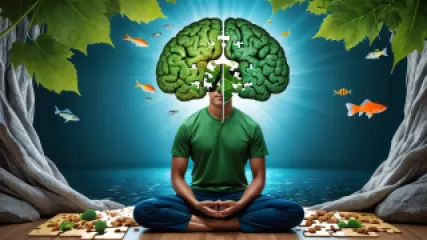Expert Insights: Navigating Healthy Relationships Online
1 year ago
Relationship Health
Breaking Free from Stress: A Compelling Case for Mental Health Online Coaching
1 year ago
Stress
Improving Relationship Health: A Research Summary
1 year ago
Relationship Health
Mindfulness vs Meditation: A Step-by-Step Guide to Finding Your Calm
1 year ago
Mindfulness vs Meditation
The Surprising Secrets to Emotional Wellness and Lasting Happiness
1 year ago
Happiness
Overcoming Compulsive Behaviors: A Step-by-Step Guide
1 year ago
Understanding Compulsive Behaviors
10 Proven Strategies to Boost the Psychology of Persuasion
1 year ago
Psychology of Persuasion
The Ultimate Guide to Navigating Adoptive Family Dynamics
1 year ago
Adoptive Family Dynamics
Exploring Gender Identity and Sexuality in Therapy: An Interview with an Expert
1 year ago
Sexual Orientation
What Is the Best Way to Provide Online Special Education Therapy?
1 year ago
Special Education
10 Best Mindfulness Meditation Practices for Beginners
1 year ago
Mindfulness Meditation
The Importance of Mental Health Policy: Why We Can't Ignore It
1 year ago
Policy and Mental Health
The Powerful Benefits of Mindful Eating: A Holistic Approach
1 year ago
Mindful Eating
How to Set Healthy Boundaries for Your Mental Well-Being
1 year ago
Boundaries in Personal Life
Unlocking Your Mental Potential: The Ultimate Guide to Optimizing Memory Techniques
1 year ago
Improving Memory Techniques














